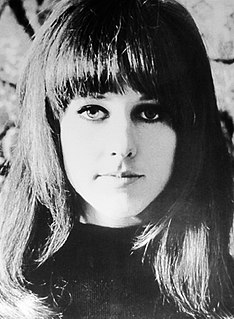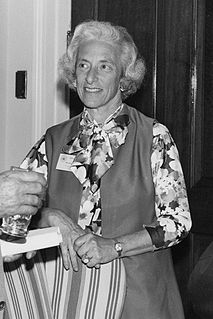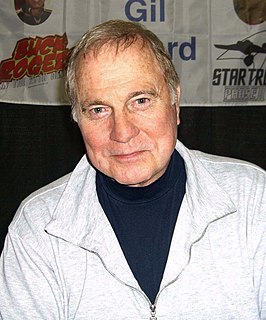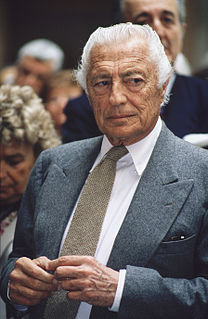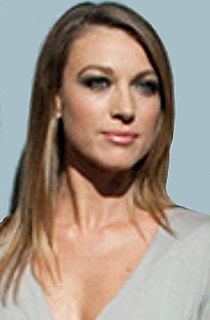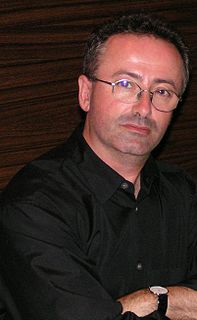A Quote by Grace Slick
'Feminist comedy,' practically an oxymoron, had a couple of good years after WWII. Chalk it up to the forced female autonomy that occurred during wartime, when Rosie the Riveter went to work in the factories, constructing the Allies' war machines while taking charge of the finances, the home, and the children.
Related Quotes
I would say any film can be called feminist that has female characters who have agency in their life, that are in charge of their fate or do important things or take up half the space. I would consider a film feminist, I don't care what it's about, but if the cast was gender balanced, where it would be just as likely that the boss or the best friend or whoever was female. It's really as simple as showing women being in charge of their destiny and giving female characters a voice.
Many years ago I had two small children, and I wanted to be able to be home when they got home from school. And I didn't like the direction journalism was taking. I thought if I could write books, I could work at home and have the best of both worlds. I wrote my first mystery while still working full time, and it didn't sell, but the next one did sell, so I quit my job for the world of fiction. Scary, but I've never regretted it for a single day.
For the first ten years, Vladimir Putin was constructing his power structure, and now he's defending it. He's retrenching, mobilizing a shrinking constituency, constructing an enemy that's really scary. It's war. And when you look at the anti-gay campaign, it's a classic case of war rhetoric: demonstrating an immediate and extreme danger.
When you accept that you are not in charge of everything, you can begin to work with the one who really is in charge. This has been my experience; when I accepted that I was not in charge and started to work with someone else's plan, the Boss showed up. Now we are a team and I have less to be concerned about. He organizes my schedule. I just follow it, and when He is taking a day off my wife steps in.
The legacy of women's war work is our present post-industrial employment structure. It was the war that created the demand for a technologically advanced, de-skilled, low-paid, non-unionized female workforce and paved the way for making part-time work the norm for married women now. A generation later, it was the daughters of wartime women workers who completed their mothers' campaign for equal pay.
I think I was a feminist before the word was invented. By the time I came across feminist books by American or European writers, I realised that there was an articulate way or a language to express all these feelings that I had had for years and years and so I became a raging feminist as a young woman.
